Study Abroad Destination
Kenya
A warm welcome to West Africa.
Exploration Awaits
With its brilliant patchwork of ancient traditions, contemporary expression, and breathtaking scenery, Kenya is a once-in-a-lifetime destination for many of our voyagers.
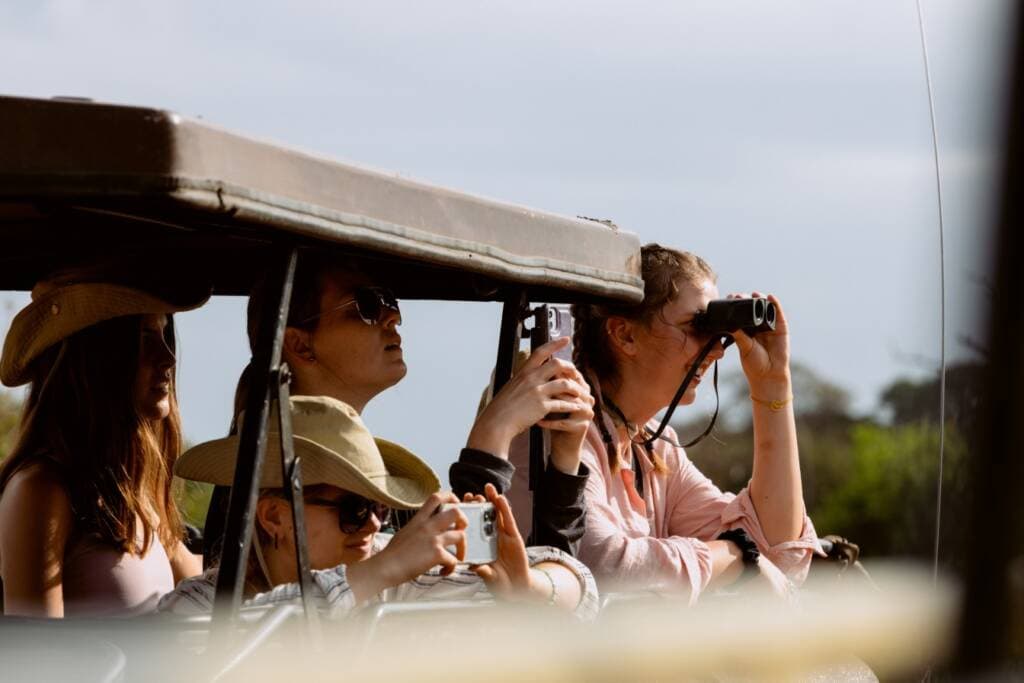
Kenya Overview
Why Kenya?
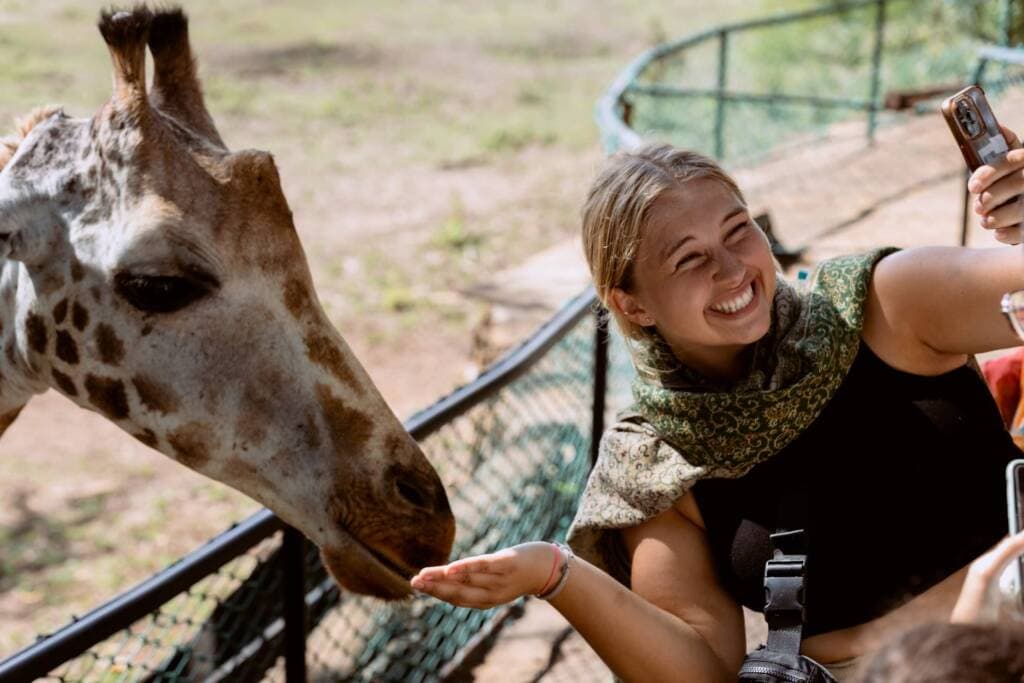
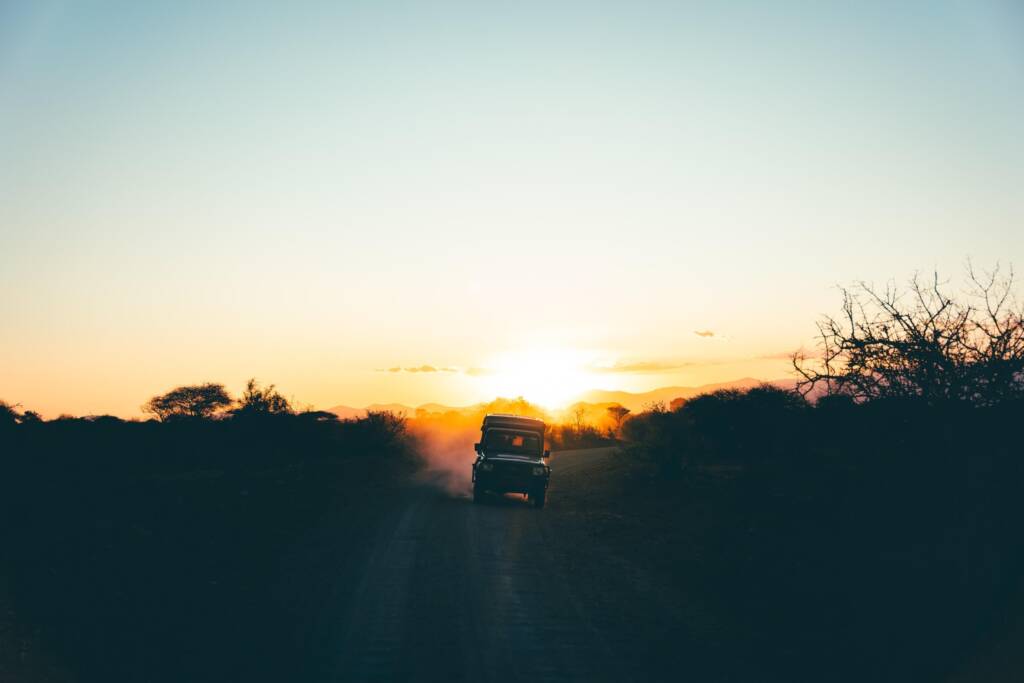
When it comes to wildlife destinations, Kenya is hard to beat. Between parks, reserves, and private conservations, Kenya is home to some of the most diverse wildlife populations on the planet — as well as some of the most welcoming people you’ll meet on your voyage.
Semester at Sea voyagers experience many facets of this eclectic nation:
- Wildlife safaris on the savannah
- Vibrant urban marketplaces
- Community gathering spaces and volunteer centers
- Striking views of Mount Kilimanjaro
The in-country excursions provided by SAS staff and local guides are a chance to take in a wide range of attractions without needing to personally handle logistics.
Semester at Sea
Kenya Experience
The Semester at Sea port of call in Kenya is the island city of Mombasa. Voyagers have the opportunity for multi-day trips to other locations, including the capital city of Nairobi, as well as Field Program excursions to rural nature preserves.
Semester at Sea highlights include:
- Witnessing the amazing wildlife of the African savannah in Amboseli National Park
- Visiting Lake Turkana, a UNESCO world heritage site and source of the world’s oldest known human artifacts
- Interacting with community members through volunteerism activities
- Snorkeling in the crystal blue waters of Wasini Island
- Experiencing a multi-day trek in the beautiful Western Ghats of Kerala
Each Semester at Sea stop in Kenya lasts only about five or six days, but even a brief time spent in-country leaves its mark.
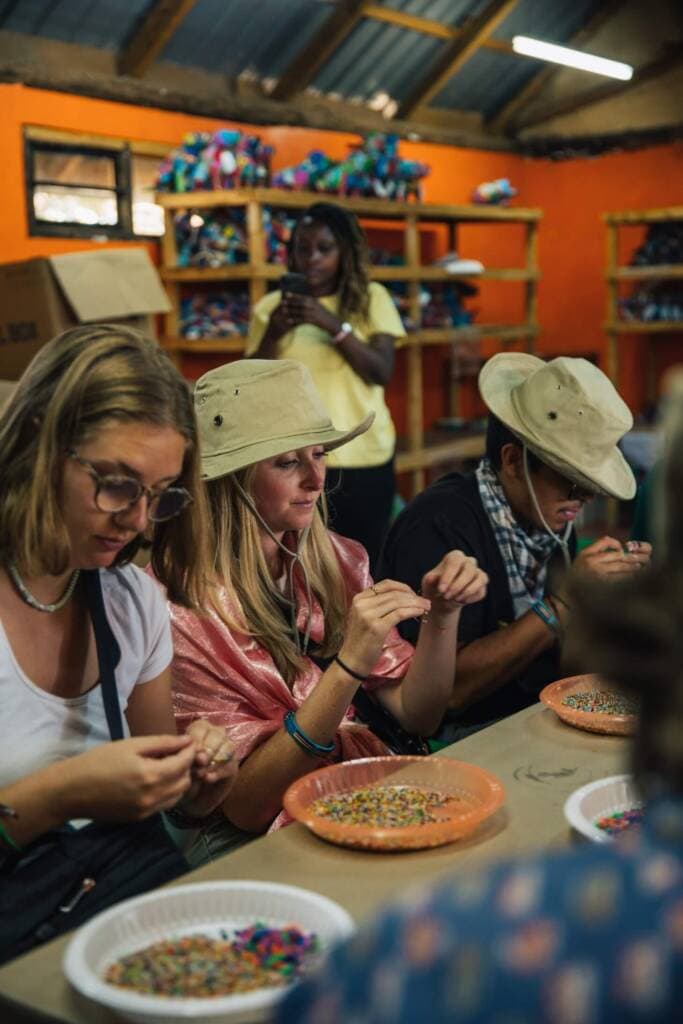
Kenya
Voyager Travel Tips
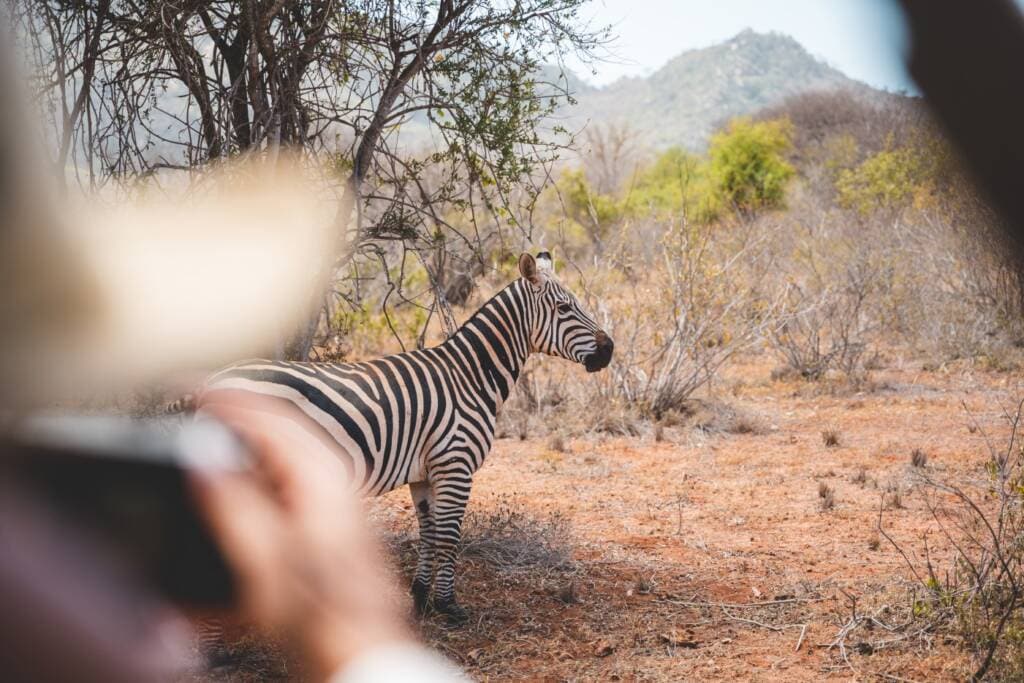
Travel Tips for Kenyan Ports of Call
Every destination and port of call is unique, and each carries its own set of circumstances and expectations for travelers. Our top priority is the health and safety of our voyagers — we want all program participants to be as informed as possible so they can enjoy each port experience to the fullest.
Please be advised that the tips below provide a general overview of travel considerations, and are not intended to dissuade voyagers from experiencing this unforgettable destination.
The official currency in Kenya is the Kenyan shilling (about 123.4 KES = 1 USD). A 10–15% tip for services is standard, depending on the quality of service. A $10–20 tip per person per day is standard for safari guides. Expect to negotiate taxi prices and confirm the amount before you enter the vehicle.
Ship ID and passport (only if flying to another city, staying in a hotel, or exchanging money in the bank). Proof of COVID-19 and yellow fever vaccination may be requested.
The weather in Mombasa remains warm year-round, staying between 70°–90°F (21°–32°C). Summers are mostly cloudy, winters are mostly clear, but humidity is persistent. Extreme weather events include droughts, floods, and tsunamis.
Pre-ordered taxis, Ubers, and ChapChap rideshares are available (cash payments are recommended). In general, avoid hailing taxis on the street, as well as Uber Bodas (motorbikes), matatus (public minibusses), and tuk-tuks (auto rickshaws). In-country travel is available via bus and train. In-port shuttle bus transportation is coordinated by SAS.
Road incidents and street crime are the two primary safety concerns; theft and pickpocketing are common in crowded areas and idling traffic. Be vigilant of scams targeting travelers, and never leave your food and beverages unattended in public. Refrain from walking through the city or visiting beaches after dark. When on safari, never exit the vehicle with wildlife in the vicinity. Keep to known areas only and always travel in-country with a partner or group; never travel alone. Traveling to bordering regions is prohibited.
Drink only boiled or bottled water and avoid raw or undercooked food. Rates of COVID-19, malaria, yellow fever, and HIV are high. Use insect repellent to prevent insect-borne diseases.
The primary method of contacting SAS voyage staff is via phone or text. Be aware that there may be a delay in sending messages or calls. WhatsApp has proven unreliable and should only be used as a secondary means of communication. A SIM card is recommended for enhanced data.
All voyagers receive contact information for local police, fire, ambulance, medical emergency services, and the U.S. embassy and consulate.